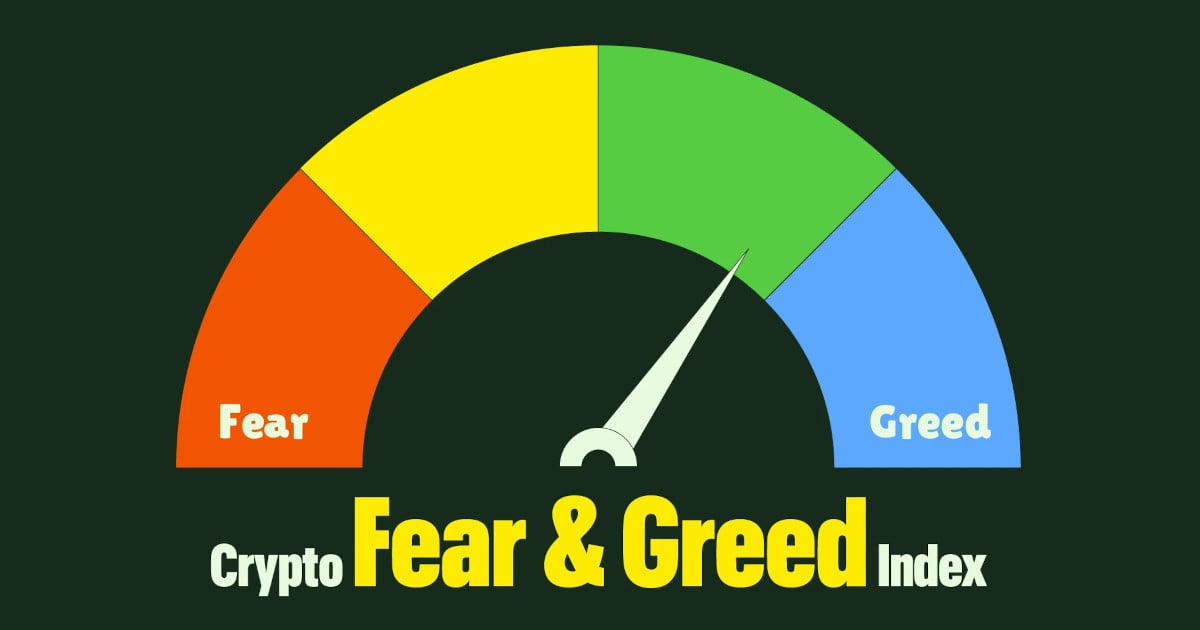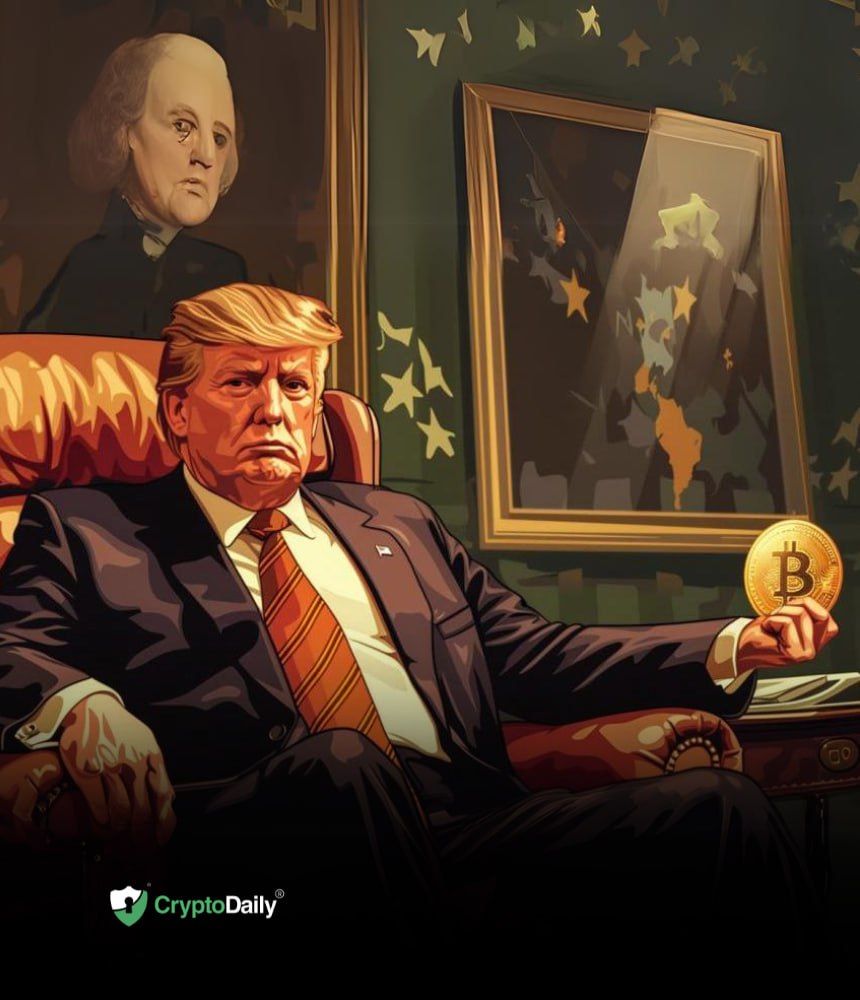Nigerian government opposes cryptocurrency due to plummeting naira

Nigeria’s fiat currency is experiencing significant depreciation against major foreign currencies, and the government is blaming cryptocurrencies.
On February 21, Binance sparked controversy within the Nigerian cryptocurrency community by imposing a price cap on the USDT P2P exchange rate as part of its compliance efforts.
In response to widespread backlash, the exchange quickly reversed this decision, allowing trading to resume as usual.
The intention of this action was to ease tensions, but it may have unintentionally made the situation worse for Binance.
This comes as the government blocks cryptocurrency platforms and specifically targets the Binance website and several other forex trading platforms for their links to inflationary pressures in Nigeria.
Amid growing concerns, several Nigerian Binance users reported difficulties accessing the exchange’s applications on February 22.
The complaints come as the Nigerian government directs telecom service providers to block access to all cryptocurrency exchange platforms in an effort to stabilize the country’s rapidly falling currency.
To address user concerns, Binance sent a reassuring email that during the platform outage, app operations would continue unaffected.
The exchange emphasized the security of user funds and reiterated its commitment to maintaining dialogue with local regulators.
However, the situation has worsened with calls for a complete ban on Binance in Nigeria.
Presidential adviser Bayo Onanuga has cited the exchange’s problematic regulatory record as the reason Binance is not allowed to operate in the country.
Onanuga criticized Binance’s role in setting Nigeria’s exchange rates, likening it to usurping the authority of the central bank.
He urged Nigeria’s Economic and Financial Crimes Commission (EFCC) to take action against Binance and other exchanges including KuCoin, Bybit and others to prevent further manipulation of the naira.
Meanwhile, local Nigerian cryptocurrency platforms have also reported being affected by government regulations. Nigeria’s cryptocurrency community has vehemently opposed the government’s move to ban cryptocurrency exchanges, denouncing it as yet another authoritarian response to the country’s challenges.
However, the Nigerian government has remained steadfast in its decision to block Binance P2P trading, signaling a broader crackdown on cryptocurrency trading activity in the country.
The move has raised concerns among stakeholders about potential negative impacts on innovation, investment and financial inclusion in the country. Many are concerned that excessive government regulation will drive cryptocurrency trading underground, denying Nigerians access to digital assets and hindering technological advancements in the financial sector.
It is worth noting that the Nigerian government previously banned cryptocurrencies in February 2021 before lifting the restrictions in December 2023.
Are cryptocurrencies a threat to the Naira?
The Nigerian government’s harsh stance on cryptocurrencies is not new.
In February 2021, the Central Bank of Nigeria (CBN) issued guidelines prohibiting banks and financial institutions from facilitating transactions involving cryptocurrencies. The CBN cited concerns about money laundering, terrorist financing and other illegal activities as grounds for the ban.
Despite the ban, Nigeria remains a hotspot for cryptocurrency trading and adoption as most traders used VPNs. Young people from tech-savvy countries, disillusioned with traditional financial institutions and fascinated by the potential of digital currencies, have flocked to cryptocurrency platforms in droves.
However, recent developments suggest that governments are expanding their efforts to curb cryptocurrency use. There have been reports that authorities are cracking down on cryptocurrency exchanges, arresting individuals involved in cryptocurrency-related activities, and freezing bank accounts suspected of facilitating cryptocurrency trading.
The government’s crackdown coincides with a tumultuous period for Nigeria’s economy, characterized by persistent inflation, currency devaluation and economic uncertainty.
The value of the Naira is showing a significant decline compared to major global currencies such as the US dollar and the Euro.
Corruption persists
Observers argue that government hostility toward cryptocurrencies stems from fears of losing control of the financial system. Unlike traditional currencies, which are regulated by central banks and governments, cryptocurrencies operate on decentralized networks that are beyond the reach of any single entity.
This decentralized nature of cryptocurrencies challenges governments’ ability to monitor and regulate financial transactions, potentially undermining their authority and control.
Moreover, some analysts believe that the government’s crackdown on cryptocurrencies is a merciless response to its inability to solve the fundamental economic problems facing the country.
Rather than addressing structural problems such as corruption, inadequate infrastructure and overreliance on oil revenues, critics accuse the government of using cryptocurrencies as a scapegoat to avoid other failures.
At the time of this writing, the prices of almost all essential commodities, from cement to bottled water, have soared in Nigeria and government officials are now struggling to afford basic necessities such as food and clothing.
In recent weeks, Nigerians have taken to the streets with placards to organize peaceful protests in support of cryptocurrencies. For them, cryptocurrencies offer a lifeline in an economy suffering from deep corruption, inflation, lack of accountability from government officials, and currency instability.
Despite the gloom and uncertainty in the current government-led web3 space in Nigeria, cryptocurrencies continue to attract young people as they provide a means to preserve wealth, access global markets, and engage in financial transactions with greater privacy and autonomy. Adoption will follow.
In response to the crackdown, some members of Nigeria’s cryptocurrency community called for greater advocacy and education to increase understanding of digital currencies among policymakers and the public.
A more nuanced approach to regulation is needed, they say. A focus on investor protection and market integrity can help leverage the full potential of cryptocurrencies while mitigating the risks associated with their use.
Source: https://crypto.news/nigeria-government-rails-against-crypto-naira-plummets/



